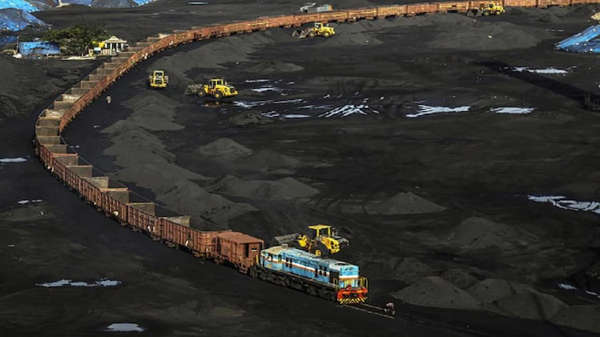To avoid full-fledged power outages, Indian railways has cancelled certain passenger trains to allow coal carriages to move more quickly as the government attempts to replenish depleted power plant stockpiles.

Many parts of India are currently experiencing protracted blackouts, and some sectors are reducing output owing to fossil fuel shortages, posing a danger to the economy’s recovery from the pandemic-induced recession.
Concerns of a further increase in inflation are growing at a time when the Indian government is fighting to keep high energy costs under control as a result of Russia’s invasion of Ukraine. Due to supply constraints resulting from the Russia-Ukraine conflict, several nations have seen higher costs for oil, energy, and even consumer goods.
The action is temporary, according to Gaurav Krishna Bansal, an executive director at Indian Railways, who told Bloomberg that passenger services will be resumed as soon as the situation normalises.
According to Bansal, the Railways is working to reduce the time it takes to transport coal to power plants.
According to the article, Indian Railways plans to add 100,000 extra waggons to its fleet in order to satisfy rising demand. They are also building specialised freight routes to expedite the delivery of products.
Notably, India’s coal reserves in power plants have decreased by over 17% since the beginning of April, and are now only a third of what is necessary.
In addition, as temperatures in several regions of India have climbed, energy consumption has increased, causing the meteorological agency to issue heat-wave warnings.
It’s worth noting that India’s average temperature in March was around 92 degrees Fahrenheit (33 degrees Celsius), the highest on record for the month since authorities began collecting data in 1901.











